
Greenhow, Koehler Examine Challenges and Opportunities for Online Learning
In March 2020, COVID-19 suddenly forced school administrators, educators, students and caregivers into a new modality of teaching and learning.

Glendinning Creates Body of Work to be Displayed in South Africa
That body of work, titled "Attached to the Soil", will now be displayed in art multiple galleries across South Africa.

Lowering Hormones Could Improve IVF Live Birth Rates
MSU researchers reveal findings from a dual-purpose grant from the USDA and NIH to study assisted reproductive technologies for cattle and humans.
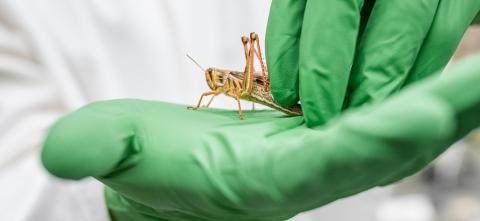
Sniffing Out Cancer with Locust Brains
Michigan State research shows insects can differentiate between cancer cells and healthy cells, which could help detect the disease earlier
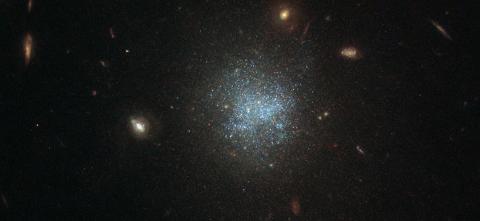
Halos and Dark Matter: A Recipe for Discovery
About three years ago, Wolfgang “Wolfi” Mittig and Yassid Ayyad went looking for the universe’s missing mass, better known as dark matter, in the heart of an atom.
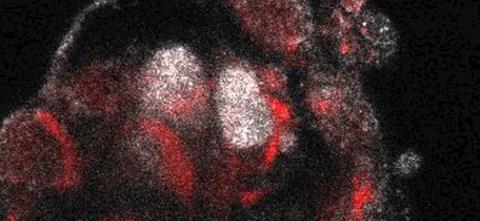
Zika Evades Early Pregnancy Protections
Michigan State researchers reveal a more complete picture of how sexual transmission of the Zika virus affects early embryo development.
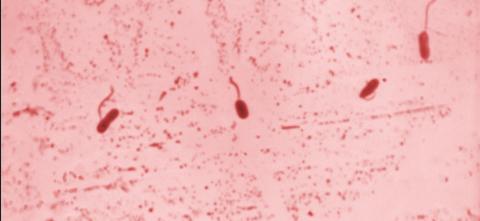
Bacteria Versus Viruses
As antibiotic resistance challenges scientists to find new ways to treat bacterial infections, researchers at Michigan State University have discovered a new way for bacteria to defend themselves against viral infection.
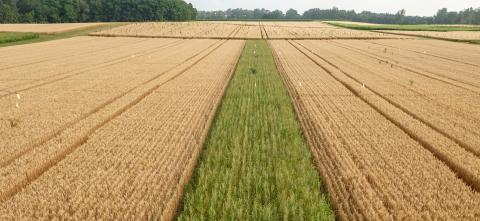
How Prairies Can Help Farms and Nature
An MSU study 30-plus years in the making shows that converting strips of farmland to prairie brings environmental benefits without sacrificing crop yields.
Announcements
